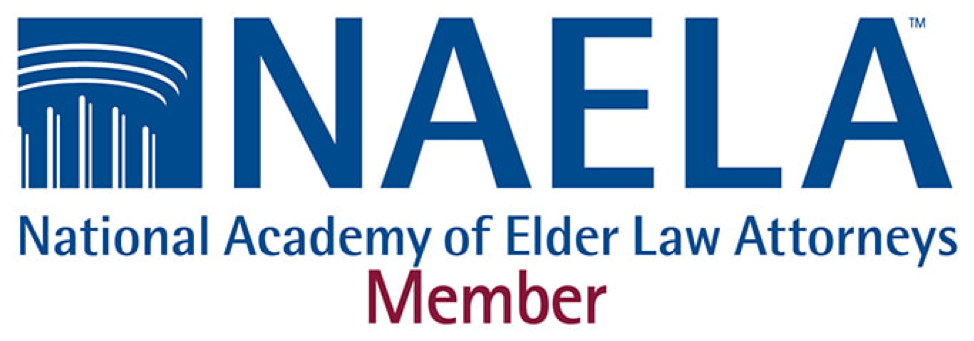Estate Planning, Estate Administration & Real Estate Law
A boutique law firm focusing on you. Serving the Greater Chicago Area
Our Focus
-
ESTATE PLANNING
ButtonEveryone has an estate plan by default. It just might not be the right one for them. We work closely with our clients to understand their needs, and craft custom plans that meet their goals.
-
ESTATE ADMINISTRATION
ButtonFrom simple transfers of title to complex trust litigation and everything in between, we help families administer their loved ones' estates with the goal of honoring their plans and legacy.
-
REAL ESTATE
ButtonReal estate can often be an individual's most expensive asset. We seamlessly guide clients through the sale, purchase, and leasing processes. We work the details while keeping the big picture top of mind.
-
CORPORATE TRANSPARENCY ACT
ButtonEffective January 1, 2024, almost all businesses that are formed through the filing of a document with the secretary of state must comply with the reporting requirements of the Corporate Transparency Act. We know many of our clients are small business owners and we are ready to counsel them on ensuring compliance under the act, as the penalties for noncompliance are egregious.
Services Provided
List of Services
-
TRUST CREATION & FUNDING Write a description for this list item and include information that will interest site visitors. For example, you may want to describe a team member's experience, what makes a product special, or a unique service that you offer.
Item Link List Item 1 -
WILL DRAFTING Write a description for this list item and include information that will interest site visitors. For example, you may want to describe a team member's experience, what makes a product special, or a unique service that you offer.
Item Link List Item 2 -
PLANNING FOR INCAPACITY Write a description for this list item and include information that will interest site visitors. For example, you may want to describe a team member's experience, what makes a product special, or a unique service that you offer.
Item Link List Item 3 -
PROBATE, ESTATE AND TRUST ADMINISTRATION Write a description for this list item and include information that will interest site visitors. For example, you may want to describe a team member's experience, what makes a product special, or a unique service that you offer.
Item Link List Item 4 -
BUYING AND SELLING REAL ESTATE Write a description for this list item and include information that will interest site visitors. For example, you may want to describe a team member's experience, what makes a product special, or a unique service that you offer.
Item Link
Contact Us Today
Contact Us
We will get back to you as soon as possible.
Please try again later.
The Law Office of Nicole Soltanzadeh, LLC | All Rights Reserved |
Created by Olive + Ash.
Managed by Olive Street Design.








